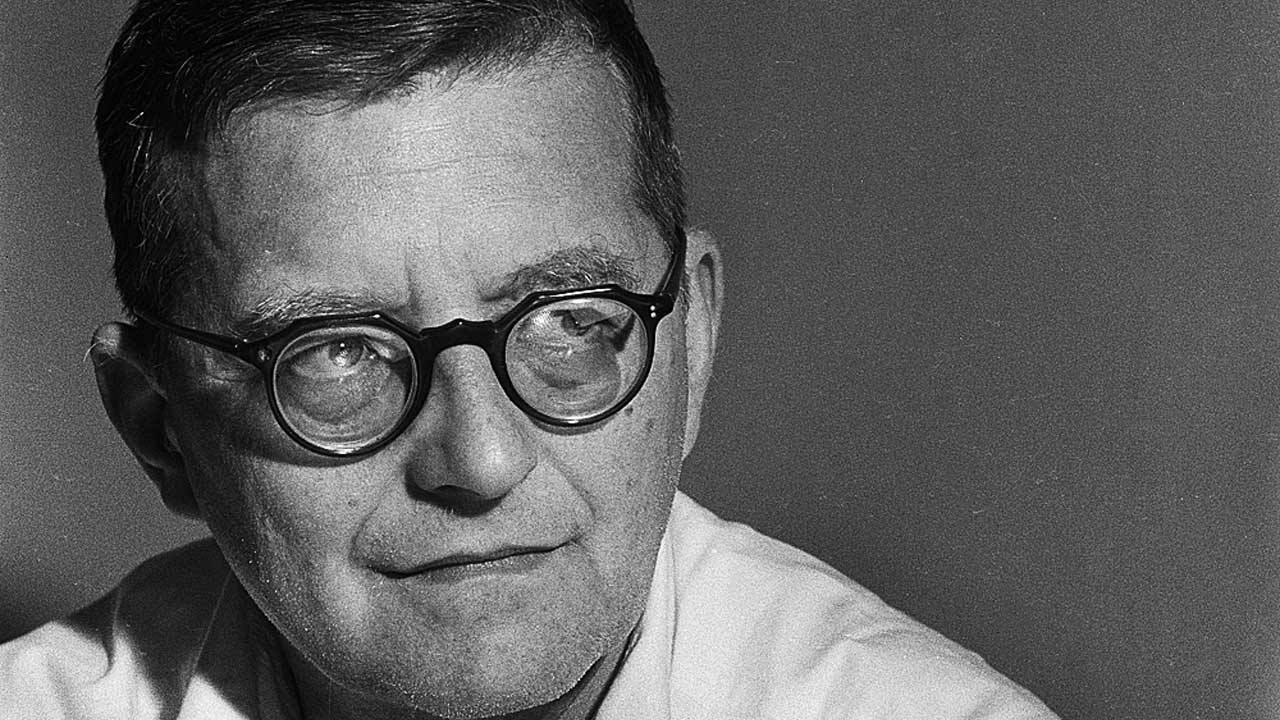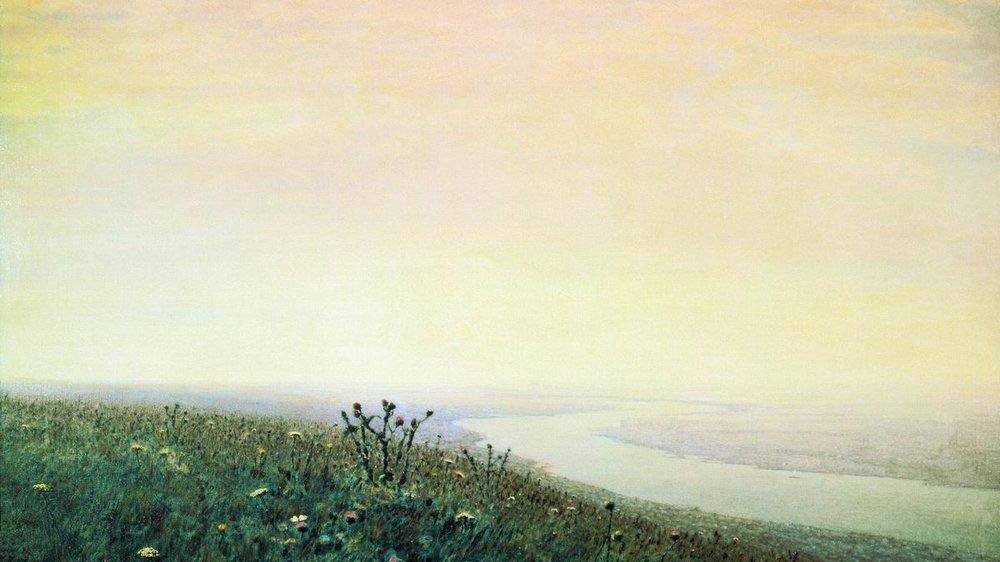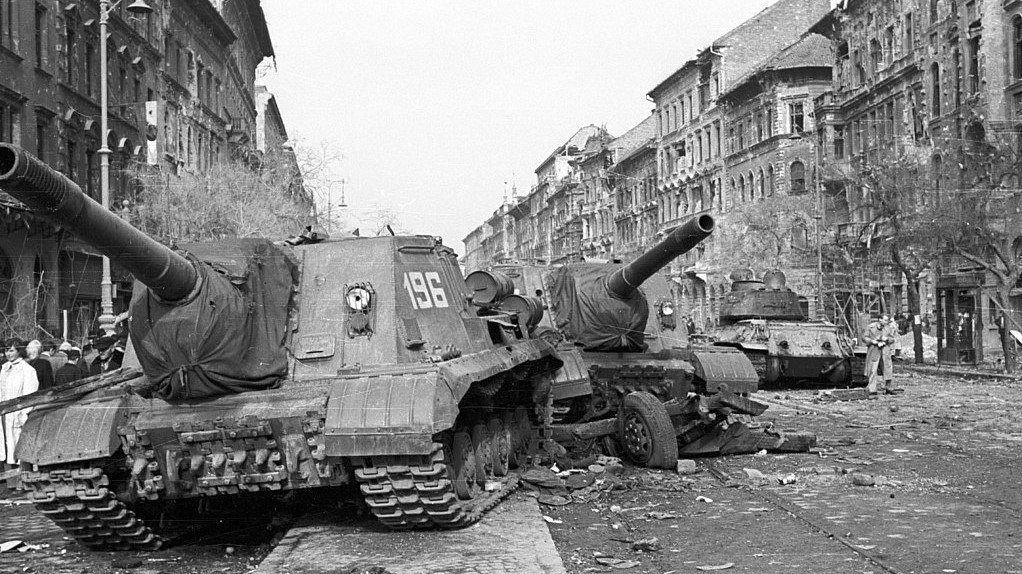Shostakovich’s String Quartet No. 3 in F Major: Haunting Ambiguities
Dmitri Shostakovich composed the String Quartet No. 3 in F Major in 1946 in the immediate aftermath of the Second World War. The previous year, his controversial Ninth Symphony shocked audiences and upset the Soviet authorities. It had not been the epic, monumental “victory” symphony everyone had been expecting. Instead, it was light, classical, seemingly frivolous music. Taken at face value, the Ninth Symphony delivered bright music filled with joie de vivre. …





